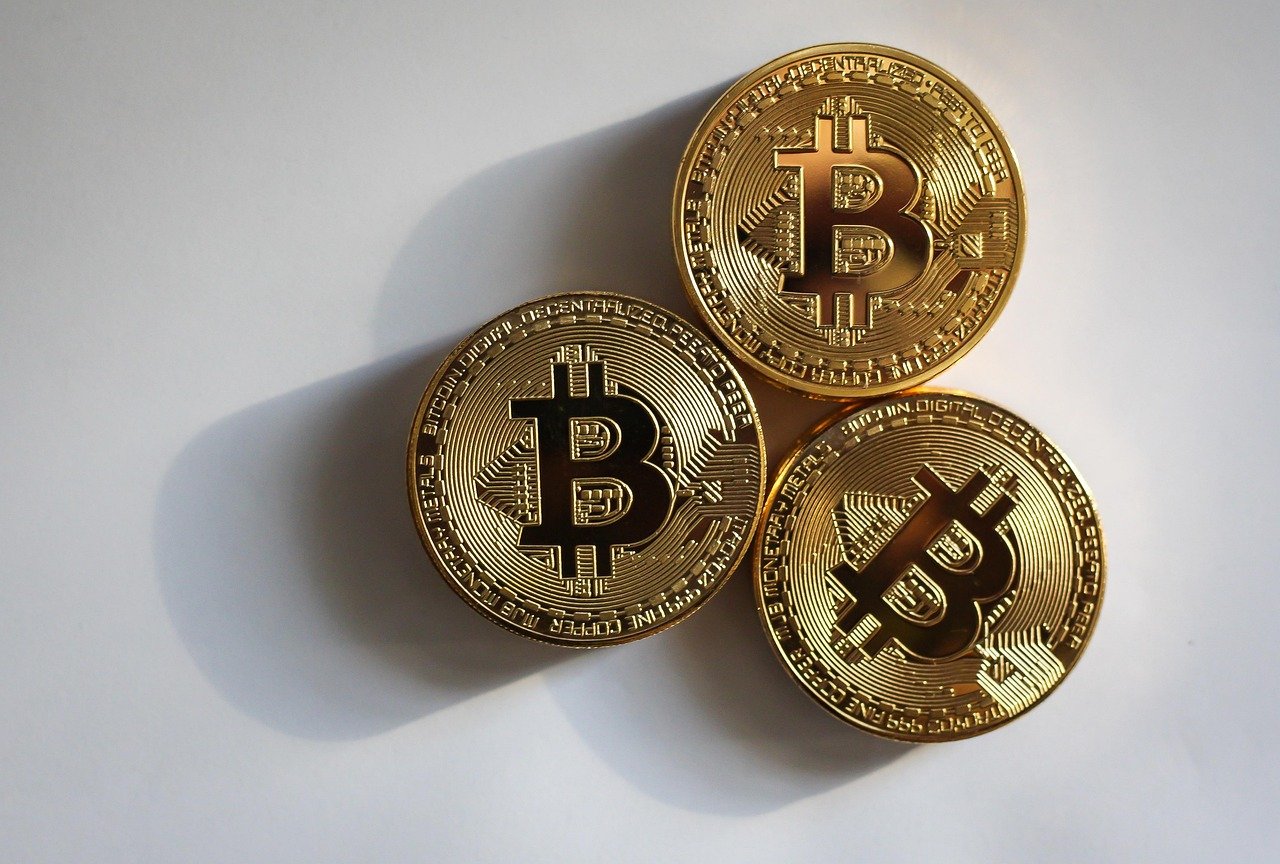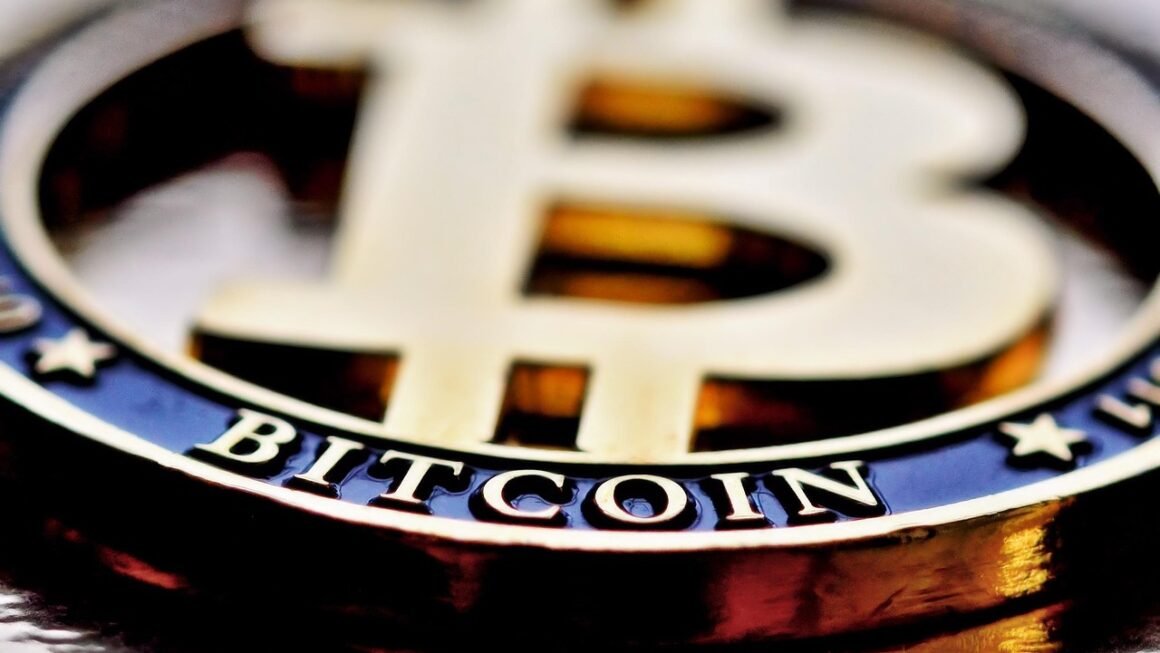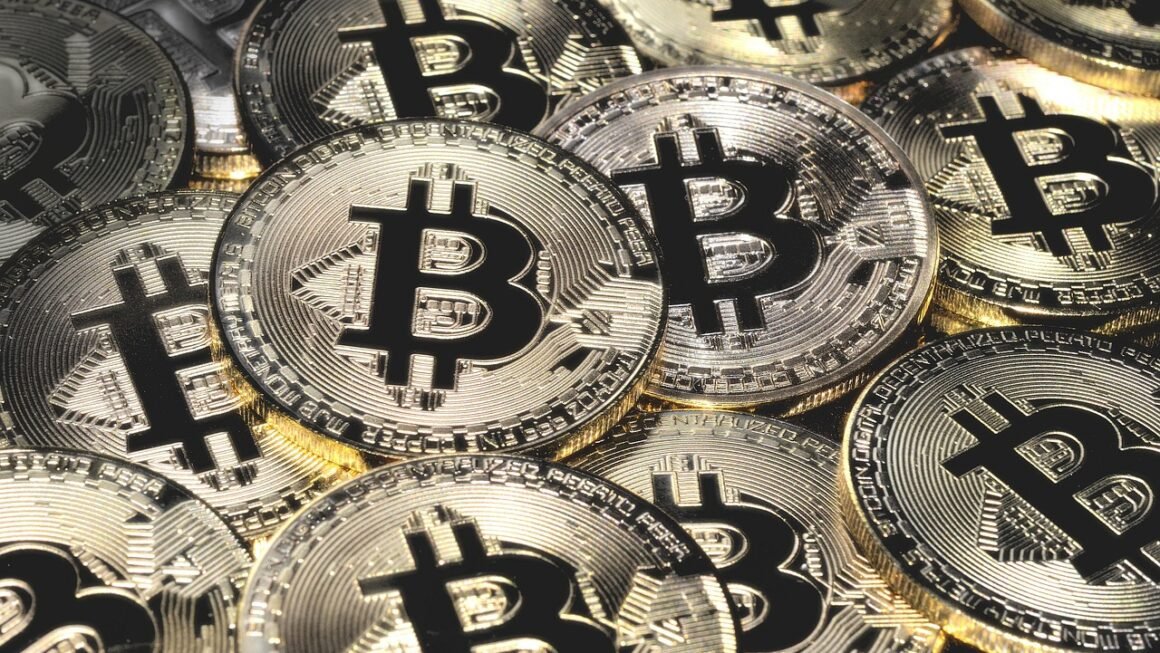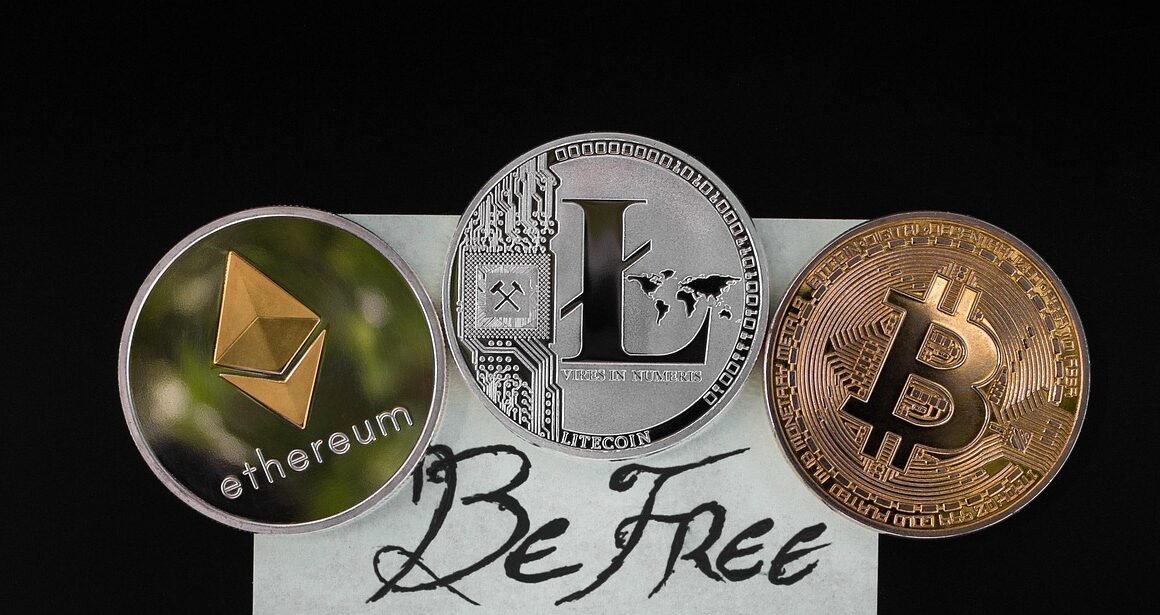Governance tokens have revolutionized the world of decentralized finance (DeFi) and beyond, shifting control and decision-making power away from centralized entities and into the hands of token holders. These tokens are not merely digital assets; they are keys to participating in the evolution and direction of the projects they represent. This article delves into the intricacies of governance tokens, exploring their functionality, benefits, and the evolving landscape they are shaping.
Understanding Governance Tokens
Governance tokens represent a right to participate in the decision-making processes of a decentralized project. They grant holders a voice in shaping the future of the protocol, influencing everything from feature updates to the allocation of resources.
What are Governance Tokens?
- Governance tokens are a type of cryptocurrency that gives holders the power to vote on proposals related to the project’s development and operation.
- These tokens are usually distributed to users who contribute to the ecosystem, such as liquidity providers, stakers, or early adopters.
- The more tokens an individual holds, the greater their voting power within the community.
How Do Governance Tokens Work?
- Example: Consider a DeFi protocol like Compound. COMP is their governance token. Holders of COMP can vote on proposals to adjust interest rates, add new collateral types, or change the protocol’s governance structure itself.
The Importance of Decentralized Governance
Decentralized governance offers several key benefits:
- Increased Transparency: Decision-making processes are open and accessible to all token holders.
- Community Ownership: Gives users a sense of ownership and investment in the project’s success.
- Innovation and Adaptability: Allows projects to quickly adapt to changing market conditions and user needs based on community feedback.
- Reduced Centralization: Mitigates the risks associated with relying on a single point of failure or control.
Benefits and Advantages of Governance Tokens
Governance tokens offer significant benefits to both projects and token holders.
For Projects:
- Community Engagement: Fosters a strong and active community, driving organic growth and adoption.
- Decentralized Decision-Making: Reduces the burden on the core team, distributing responsibility across the community.
- Enhanced Security and Resilience: Makes the protocol more resistant to censorship and single points of failure.
- Attracting Talent and Investment: Projects with strong governance structures are more attractive to developers, investors, and users.
- Faster Innovation: By leveraging community input, projects can innovate more quickly and efficiently.
For Token Holders:
- Influence over Project Direction: Allows users to shape the future of the protocol they use and believe in.
- Potential for Increased Token Value: Successful governance can lead to increased adoption and token value appreciation.
- Earning Potential: Some projects offer rewards or incentives for participating in governance, such as staking or voting rewards.
- Access to Information: Provides insights into the project’s roadmap and future plans.
- Democratic Participation: Offers a more democratic and equitable approach to decision-making in the decentralized space.
Potential Challenges and Risks
While governance tokens offer numerous advantages, there are also potential challenges and risks to be aware of.
Security Risks:
- Governance Attacks: Malicious actors could acquire enough tokens to manipulate the voting process for their own benefit.
- Smart Contract Vulnerabilities: Bugs in the smart contracts governing the token or voting system could be exploited.
Governance-Related Risks:
- Low Participation Rates: If few token holders participate in voting, the results may not be representative of the community’s views.
- Token Concentration: A small number of individuals or entities may hold a large percentage of the tokens, giving them disproportionate power.
- Voter Apathy: Token holders may become apathetic or disengaged over time, leading to a lack of oversight.
- Information Asymmetry: Some token holders may have access to more information than others, leading to unfair advantages.
- Complex Governance Structures: Overly complex governance mechanisms can be difficult for users to understand and participate in.
Regulatory Risks:
- Uncertain Regulatory Landscape: The regulatory status of governance tokens is still evolving, and future regulations could impact their functionality or value.
- Mitigating Risks: To mitigate these risks, projects should implement robust security measures, actively encourage community participation, and strive for fair token distribution. Regular audits of smart contracts and clear communication are also crucial.
Examples of Successful Governance Tokens
Several projects have successfully implemented governance tokens to empower their communities.
MakerDAO (MKR)
- MKR is the governance token of the MakerDAO protocol, which issues the DAI stablecoin.
- MKR holders vote on parameters such as the stability fee, debt ceiling, and collateral types.
- MakerDAO’s governance system has been instrumental in maintaining the stability of the DAI stablecoin.
Compound (COMP)
- COMP is the governance token of the Compound protocol, a decentralized lending platform.
- COMP holders vote on proposals to adjust interest rates, add new collateral types, and modify the protocol’s rules.
- Compound’s governance system has enabled the platform to adapt quickly to changing market conditions.
Uniswap (UNI)
- UNI is the governance token of the Uniswap decentralized exchange.
- UNI holders vote on proposals to allocate UNI tokens, adjust fees, and upgrade the protocol.
- Uniswap’s governance system has allowed the community to shape the future of one of the largest DEXs in the DeFi space.
Aave (AAVE)
- AAVE is the governance token of the Aave protocol, a decentralized lending and borrowing platform.
- AAVE holders vote on proposals to add new assets, adjust risk parameters, and upgrade the protocol.
- Aave’s governance structure allows the community to directly influence the development and security of the platform.
The Future of Governance Tokens
Governance tokens are still in their early stages, but they have the potential to transform the way organizations and communities are governed.
Evolving Governance Models
- Liquid Democracy: Allows token holders to delegate their voting power to trusted representatives.
- Quadratic Voting: Gives more weight to individual preferences, preventing large token holders from dominating the voting process.
- Optimistic Governance: Allows proposals to be implemented unless a certain threshold of token holders object.
- Dynamic Governance: Adapts the governance structure based on the project’s needs and the community’s feedback.
The Rise of DAOs (Decentralized Autonomous Organizations)
- Governance tokens are often used to govern DAOs, which are organizations that operate based on rules encoded in smart contracts.
- DAOs can be used to manage various activities, such as investing, fundraising, and content creation.
Cross-Chain Governance
- Emerging technologies are enabling governance tokens to be used across multiple blockchains.
- This could lead to more interoperable and decentralized governance systems.
Increased Institutional Adoption
- As the DeFi space matures, more institutions are likely to adopt governance tokens.
- This could lead to increased liquidity and stability in the governance token market.
Conclusion
Governance tokens are a powerful tool for decentralizing decision-making and empowering communities. While challenges and risks exist, the potential benefits of increased transparency, community ownership, and faster innovation are significant. As the DeFi space continues to evolve, governance tokens will play an increasingly important role in shaping the future of decentralized organizations and applications. By understanding the principles and practical applications of governance tokens, individuals and organizations can participate in the exciting and transformative potential of decentralized governance. The future is being built now, one vote at a time.



